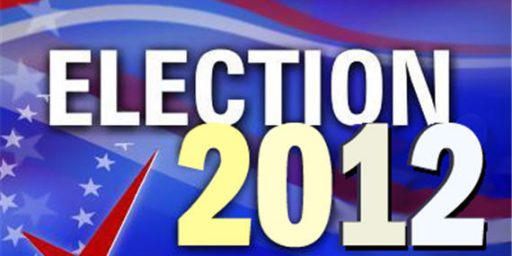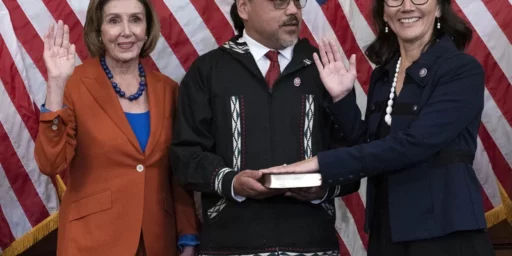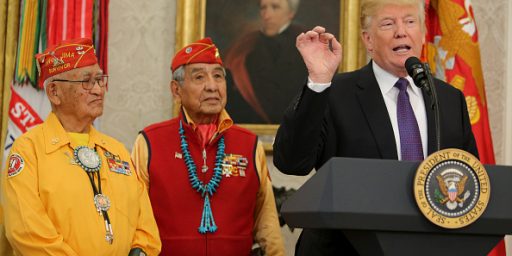The Akaka Bill Fails In The Senate
After six years of talk, the Senate refused to bring a bill to the floor that would have created a separate legal entity in Hawaii for people of Hawaiian descent. This idea reeks of identity politics and seems more like an attempt to enshrine a grievance into law. How the success of this bill actually help Hawaiians? The concept sounds more like an attempt to create a “reservation” for native Hawiians. Fortunately, even the bulk of native Hawaiians don’t support the idea. For a bit more info, look here:
The U.S. Senate began debating on Wednesday the long-stalled Native Hawaiian Recognition Bill at the U.S. Capitol.
The bill needed 60 of the 100 senators to vote for it, but only 56 did with 41 voting against it. Thursday’s vote effectively kills the bill.
Supporters of the bill said they believed that there were enough votes in the Senate to bring the bill to the floor for a final vote.
The Senate debated the so-called Akaka Bill for three hours on Wednesday.
Proponents of the legislation said the Akaka Bill would have established a process to clarify the political and legal relationship of Native Hawaiians and the federal government, relating to the overthrow of the Hawaiian monarchy. The Akaka Bill was introduced six years ago.
The bill had faced opposition from a number of groups including several Native Hawaiian groups and the U.S. Commission on Civil Rights. The commission spoke out against the measure. The commission’s draft report said the Akaka Bill was discriminatory and divisive.
The bill’s demise was good news to local opponents who felt the measure did not represent all Native Hawaiians.






I am so glad this failed. This was a racist piece of crap, and I say this as one whose famly decided to be white rather than indian during the Ponca oil disputs about 1900.
Richard,
I held back on the “r” word, but, yeah, that seems appropriate.